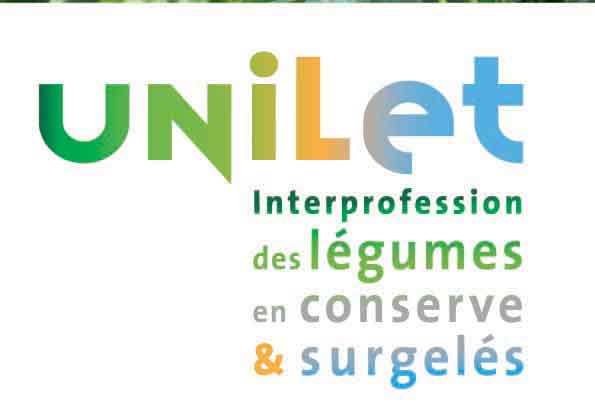The French Interprofessional Association for Canned and Frozen Vegetables – UNILET – also sounds the alarm in the face of rising costs and calls for a revaluation of purchase prices from distributors. A sine qua non condition, according to her, to ensure the future of this sector and enable it to contribute to food sovereignty by offering healthy, quality products.
Professionals point out that they are collectively committed to moving their products upmarket, the development of the French origin offer and the orientation of crops towards agroecology, while facing the growing consequences of climate change and an unprecedented weakening of their cultures. The sector continues to invest to reduce the use of phytosanitary products, develop organic, manage water resources. This new agroecological situation requires more labor, surfaces and materials, but also leads to less regular returns. Added to this is a growing weakening of cultures, in connection with the reduction of available protection solutions. Not to mention climatic hazards. Last year, the campaign was particularly difficult due to drought or, conversely, heavy rains, according to the basins, with volumes harvested significantly below forecasts (-12% for flageolets, – 11% for beans) and sharp declines in average agricultural yields (-12% for pea crops, -13% for spinach).
A reduction in room for maneuver for operators
The room for maneuver for operators is reduced with cost increases affecting both farmers and processors., without being reflected in the prices. To make nothing better, Since 2015, we have witnessed a deconstruction of value within the sector, with ex-industrial sales prices which did not even allow the evolution of inflation over the period to be integrated (+ 4,2% and 2020 vs 2015), thus leading to a relative drop in prices of 5,8% for canned vegetables and 3,3% for frozen vegetables. Today, the economic sustainability of the sector is conditional on the integration into the purchase prices of investments and increases made by farmers and processors.
The ambition of the sector : the partnership between producer and consumerr
For UNILET, contractualization is the basis of the producer/processor partnership which makes it possible to respond to market demand with quality products, while allowing farmers to anticipate their sales prices in collaboration with companies. “All of the challenges facing the sector can only be met if value is created and distributed equitably., through fair remuneration of all links. To succeed, the true value of products from the French sector must be taken into account by mass distribution as well as by consumers” affirms the inter-professional association for which “the sector is thus convinced that we must move away from the current system, Who, long-term, will not support the expected environmental transitions nor the sustainability of production and processing of French origin : several productions already reveal a growing lack of interest among producers (spinach, then…). Accessibility to French processed vegetables cannot be at the expense of quality, nor economically penalize operators in the sector. »
THE FRENCH AND PROCESSED VEGETABLES
Consumers have largely demonstrated their interest in canned and frozen vegetables : after record consumption recorded in 2020, the first quarter of 2021 confirmed their plebiscite for these products. Their consumption levels were higher than the pre-crisis period of 2019, with purchases of frozen vegetables increasing by +9,4% by volume in stores and +1% for canned vegetables. in parallel, the criterion of the origin of products has been strengthened by the Covid crisis. According to a Kantar survey, it went from seventh purchasing criterion at the start of 2020 to fourth after the first confinement. Eight out of ten French people say that the presence of the “Fruit and Vegetables of France” label encourages purchasing. The processed vegetable sector represents a third of the vegetable surfaces grown in France, 4,500 producers and 23 production sites for canned and frozen vegetables.















